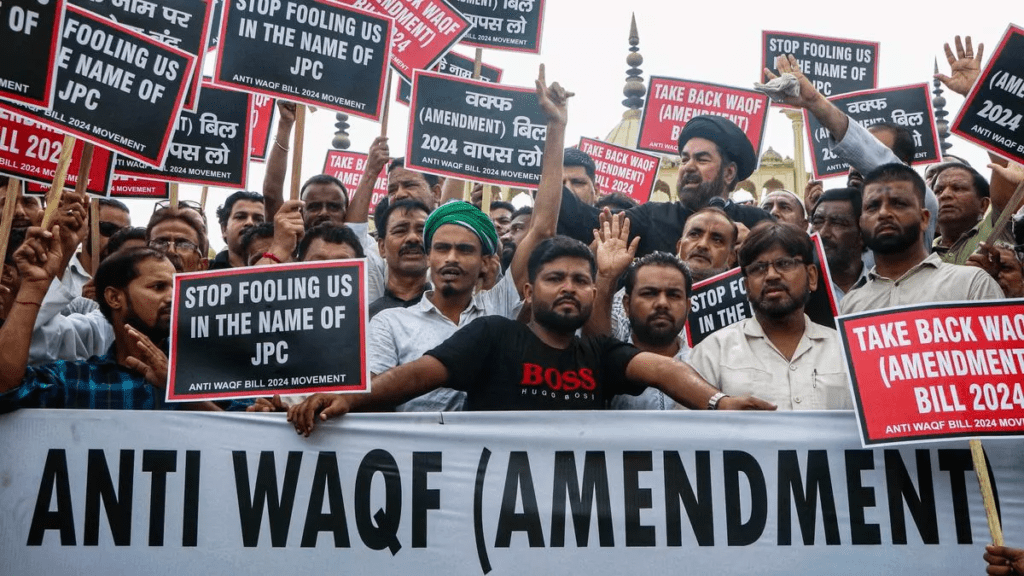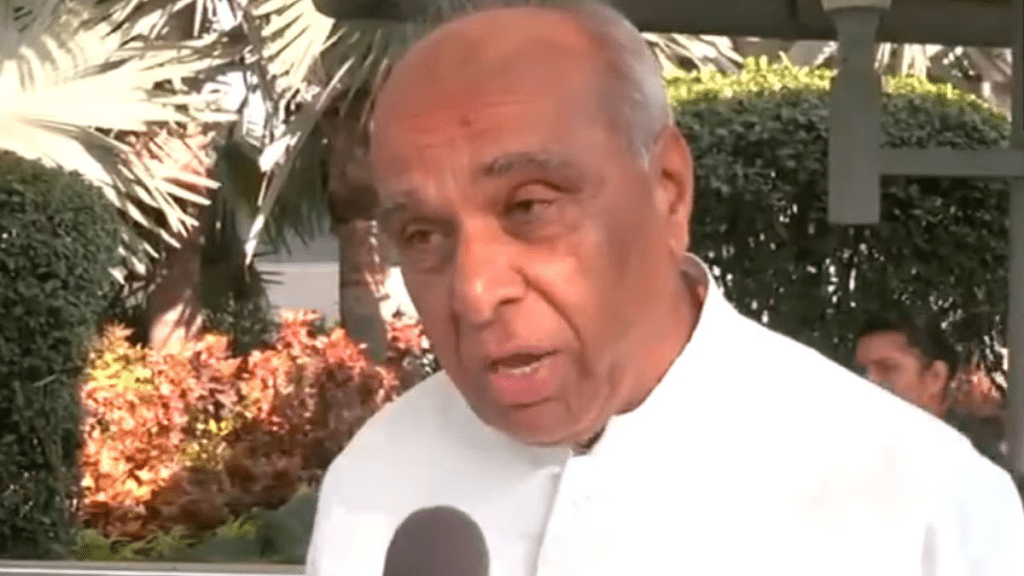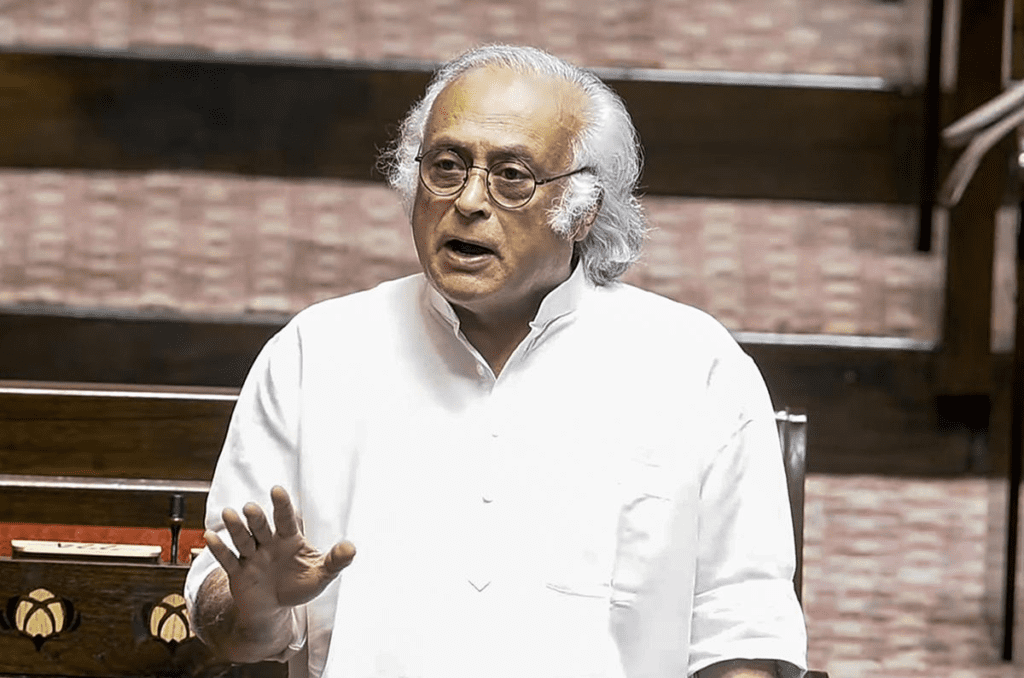
In response to nationwide protests by the All India Muslim Personal Law Board (AIMPLB) against the Waqf Amendment Bill 2024, prominent board member Maulana Khalid Rasheed Farangi Mahali emphasised that over 90 per cent of Waqf properties—including mosques (masjids), graveyards (kabristans), shrines (dargahs), and community halls (imambaras)—do not generate any income.
Speaking to ANI, Maulana Khalid Rasheed clarified:
“More than 90 per cent of Waqf properties are in the form of masjids, kabristans, dargahs, and imambaras. There is no income from these properties. So, there’s no reason why objections are being raised. These properties have been managed by the Muslim community for hundreds of years.”
Key Highlights:
AIMPLB’s Nationwide Protest in Patna Draws Criticism

Earlier this week, AIMPLB launched protests against the Waqf Amendment Bill in Patna, raising concerns about potential mismanagement or exploitation of Waqf assets. However, Bharatiya Janata Party (BJP) MP and Chairman of the Joint Parliamentary Committee (JPC) on the bill, Jagadambika Pal, accused AIMPLB of politicising the issue unnecessarily.
Pal criticised AIMPLB’s actions, saying:
“The way AIMPLB is doing politics in the name of Waqf, they’re trying to mislead the minorities and Muslims of the country.”
He further stressed that the proposed amendments have not yet become law, questioning the motives behind protests already taking place:
“Right now, the law hasn’t even come yet. Based on planned politics, they are already heading to Patna.”
Key Objectives of the Waqf Amendment Bill 2024

The Waqf Amendment Bill 2024 has been introduced to tackle several ongoing issues within Waqf property management through reforms, including:
- Digitisation of property records for transparency.
- Enhanced regular audits and improved accountability.
- Stronger legal frameworks for reclaiming illegally occupied properties.
- Ensuring that properties serve their intended religious and community purposes.
Proponents of the bill argue it will significantly benefit both the Muslim community and the broader national interest by protecting and optimally utilising Waqf properties.
AIMPLB’s Concerns and Government Assurance

Despite reassurances from the government and BJP representatives, AIMPLB maintains its scepticism, fearing the amendments could lead to undue interference and potential misuse of community-managed properties. Maulana Khalid Rasheed’s statement aims to clarify misconceptions, underscoring that the vast majority of properties affected have historically been non-income-generating and dedicated to community use.
What Happens Next?
With protests underway and political debate heating up, the JPC’s recommendations on the bill will soon undergo further parliamentary discussions. Stakeholders, including AIMPLB, community leaders, and government officials, will continue negotiations to find common ground.
Clarity Needed Amid Controversy

As Maulana Khalid Rasheed Farangi Mahali emphasised, understanding the practical realities of Waqf property management—especially the fact that most properties yield no financial gains—may alleviate some concerns around the Waqf Amendment Bill. Whether this clarification eases tensions remains to be seen, but it certainly adds important context to an increasingly contentious debate.
The Hindustan Herald Is Your Source For The Latest In Business, Entertainment, Lifestyle, Breaking News, And Other News. Please Follow Us On Facebook, Instagram, Twitter, And LinkedIn To Receive Instantaneous Updates. Also Don’t Forget To Subscribe Our Telegram Channel @hindustanherald
